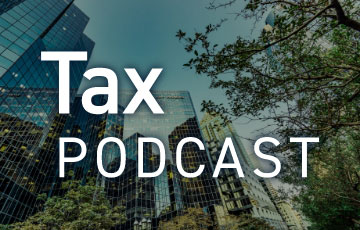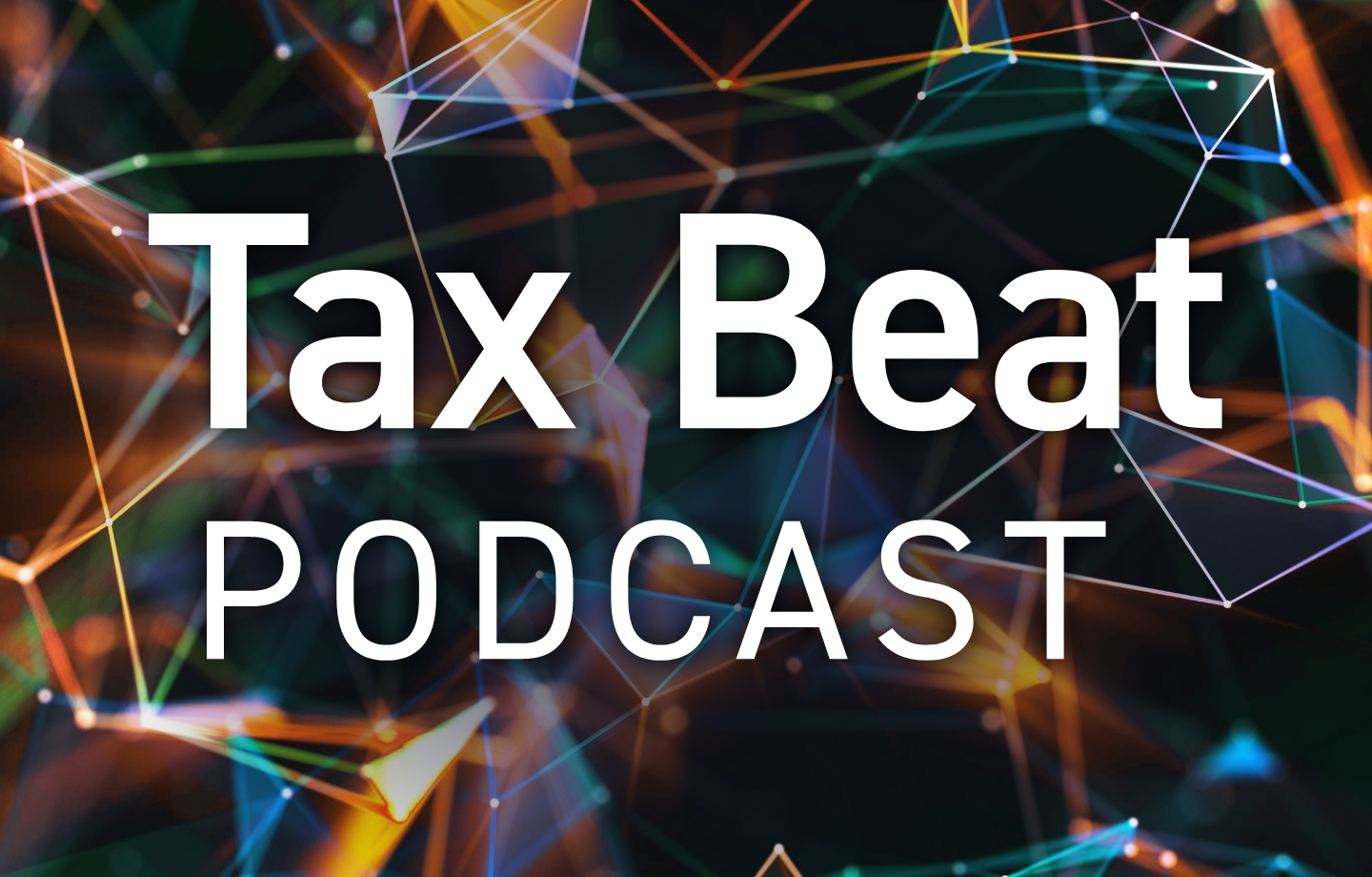Individual taxpayers must all address the virtual currency question on Form 1040.
Background
In 2014, the Internal Revenue Service issued Notice 2014-21 as guidance on how taxpayers should apply tax rules to transactions using virtual currency. Since that time, the IRS has not issued any other official guidance, but has posted a series of Frequently Asked Questions on Virtual Currency Transactions on its website.
In the last several years, the IRS has identified issues with taxpayers underreporting tax consequences of their transactions in virtual currency. Audits of taxpayers and subpoenas of taxpayer information from businesses that manage virtual currencies provided information to the IRS on the use of virtual currency, and the Large Business and International Division of the IRS (“LB&I”) initiated a campaign to address underreporting of income by taxpayers.
In 2019, the IRS added a question on Form 1040 Schedule 1 to identify more taxpayers engaging in virtual currency transactions. The Form asked whether an individual taxpayer, at any time during 2019, received, sold, sent, exchanged or otherwise acquired any financial interest in any virtual currency. This question was only answered by those taxpayers who otherwise were required to file Schedule 1 with their returns.
What’s New for 2020?
The IRS moved the virtual currency question from Schedule 1 of the 2019 Form 1040 to the first page of the 2020 Form 1040 and Form 1040-SR. All individual taxpayers must now answer the question: At any time during 2020, did you receive, sell, send, exchange, or otherwise acquire any financial interest in any virtual currency?
When the final instructions for Form 1040 were released, the IRS identified several key virtual currency transactions that will require a “Yes” answer to this question. A transaction involving virtual currency includes, but is not limited to:
- The receipt or transfer of virtual currency for free;
- An exchange of virtual currency for goods or services;
- A sale of virtual currency;
- An exchange of virtual currency for other property; and
- A disposition of a financial interest in virtual currency.
The IRS also identified that merely holding virtual currency in a wallet or account, or the transfer of virtual currency from one wallet or account you own or control to another wallet or account you own or control are not transactions that would require a “Yes” answer.
More Guidance Needed
Notice 2014-21 and the 40+ FAQs on IRS.gov are helpful and consistently point to the IRS determination that virtual currency should be treated as property for tax purposes and not as a currency with the status of legal tender. However, the growing number of taxpayers participating in virtual currency transactions, the lack of third-party tax reporting mechanisms (e.g., Form 1099), and the unique and often complex transactions for virtual currency (e.g., mining, air drops, forks) demonstrate the need for Regulations, Revenue Rulings, Revenue Procedures and other official guidance.
Reach out to your Cherry Bekaert Tax Advisor if you would like to discuss the federal tax reporting for your virtual currency transactions.




